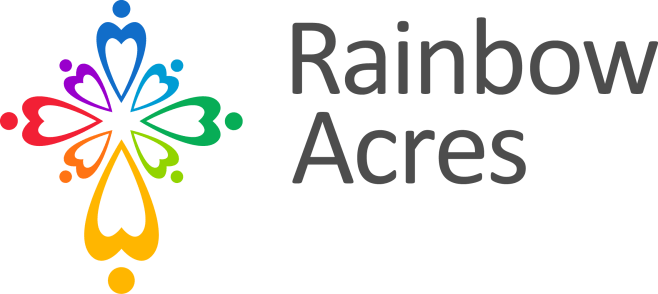By Rodolfo Morales, Ph.D., Horticulture and Ecology Educator
Global Autism Conference, organized by the Phoenix Autism Society
The past two years, I’ve attended the Global Autism Conference, organized by the Phoenix Autism Society, and have gained key insights that have helped me improve the agricultural programs at Rainbow Acres.
In 2019, I attended a presentation by Dr. Temple Grandin, a world authority in special education. Her insights reaffirmed the need to reinforce the individual strengths of our Ranchers to improve their learning and life skills. Dr. Grandin emphasized that special education needs to be provided without imposing limits, and that the learning capabilities of each individual must be stretched. I had already adopted these strategies to teach science at a level that inspired many Ranchers to give presentations during Family & Friends Weekends.
People with developmental disabilities need to be seen as individuals with different ways of thinking, feeling, and responding
This year’s conference complemented last year’s lessons. I think that the concepts I’ve learned will further enrich my educational programs on agriculture and the environment at Rainbow Acres. A key concept was that people with developmental disabilities need to be seen as individuals with different ways of thinking, feeling, and responding, which leads to particular behaviors that may create challenges for daily life skills, independence, and professional development. It is not that they have a behavioral or a mental problem, or that they are lost in their own world, it is more that they have unique capabilities and ways of being.
This confirmed last year’s statements by Dr. Grandin when she emphasized that she sees her disability as an essential part of who she is now, and that she never would have accomplished scientific innovations if she did not have a vision for how things should be arranged to be functional. She is highly confident that her disability gave her that strength, which she was able to improve throughout her academic career. In many ways, she is highly proud of her disability and does not mind being identified with it. From this perspective, the life and career of Dr. Grandin is a valuable and wonderful model, not only to improve our understanding of the lives of our Ranchers, but also to promote education strategies that enhance self-esteem. Our Ranchers need to value who they are, while recognizing the strengths and weaknesses they need to continuously work on.
“We need to portray successful people with disabilities in a balanced way, not as heroic or superhuman, because they’re simply living their lives. Stereotypes that raise false expectations for how people with a disability should be inspirational must be avoided to promote independence and self-being.”
Another relevant topic covered in this year’s conference: we need to portray successful people with disabilities in a balanced way, not as heroic or superhuman, because they’re simply living their lives. Stereotypes that raise false expectations for how people with a disability should be inspirational must be avoided to promote independence and self-being. People may be inspired by a successful person with disabilities just as they may be inspired by anyone else being successful. In this regard, self-competency becomes an important quality to enhance learning, as it drives motivation to improve skills and knowledge.
In my case, I learned about agriculture during my childhood not because I had fun working in the field, but because I realized that this activity was supporting our lives. I needed to be better at it for the sake of my future. As I matured, I learned to love farming while I studied and completed graduate degrees, because it allowed me to better understand and appreciate life as a whole. I now see myself in the Ranchers who attend the Greenhouse program, as they demonstrate learning capabilities and interests in the areas of agriculture and natural resources. They further convinced me that there is no better way to learn the science of farming than through the crucial component of understanding and caring for the environment, and life as a whole.
These Ranchers have become very systematic at doing everything we execute in our crop production program in a way that prompts them to stop looking at their watch because it is time for a snack break or lunch. They now have a very strong will to complete their activities because they do not see them as duties, but as something important because they are inspired and thinking about the future bounty from the harvest.
Another crucial topic of this year’s conference was the need to help adults with special needs envision the future.
The presenter said to “help them see and feel the future, play and go to the future, because the ability to see the future allows them to work toward future goals.” It is important to think about the future even when planning daily life activities, from the time you wake-up to the time you go to bed. Efficient functioning throughout the day is a fundamental parameter to planning and developing short and long-term life goals.
My view of education has changed since I started working at Rainbow Acres. Long ago, I decided to set aside the Ranchers’ disabilities and help them each pursue knowledge to their fullest potential. It’s been nice to see that this approach has been reinforced by the presenters at the Global Autism Conferences, who have helped me to better understand the Ranchers and their needs, and the world of special education.

